SAEDNEWS: Political analyst Sadegh Zibakalam says Iran's military response has outstripped Israeli and American expectations, while opposition hopes of public revolt remain firmly unfulfilled.
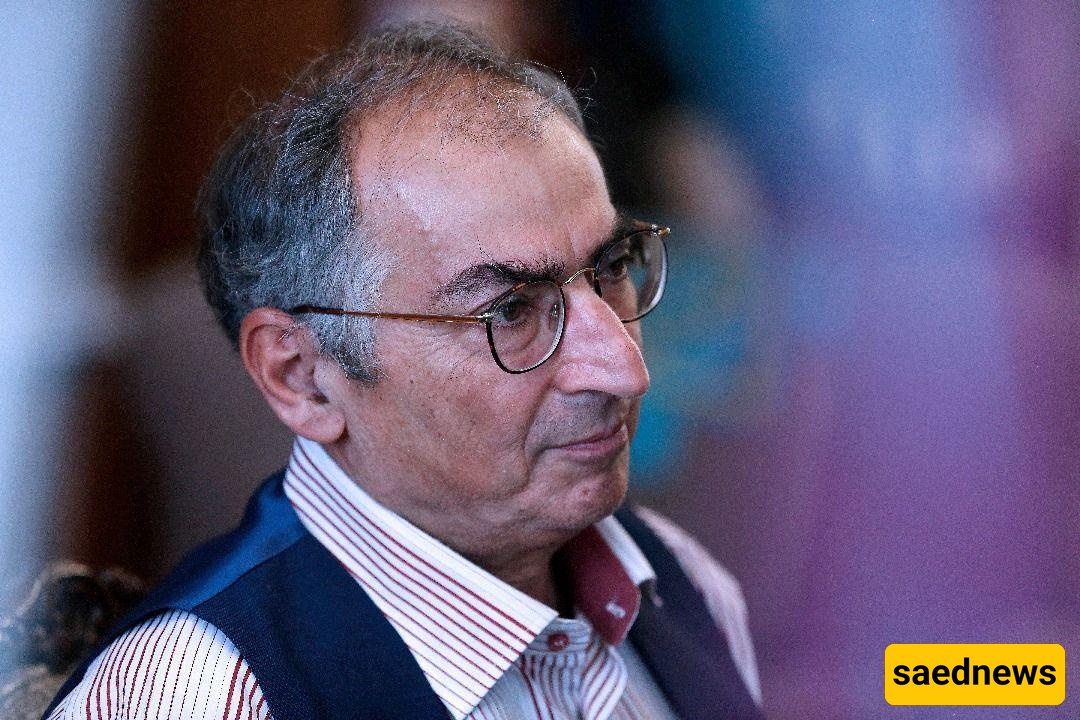
According to Saed News, in a week that brought the Islamic Republic and Israel to the brink of open war, something conspicuously failed to materialise: the long-anticipated internal collapse of the Iranian regime. Contrary to the expectations of exiled dissidents, Tel Aviv hardliners and some in Washington, the Iranian people did not pour into the streets in protest, nor did they welcome foreign airstrikes as the opening act of regime change.
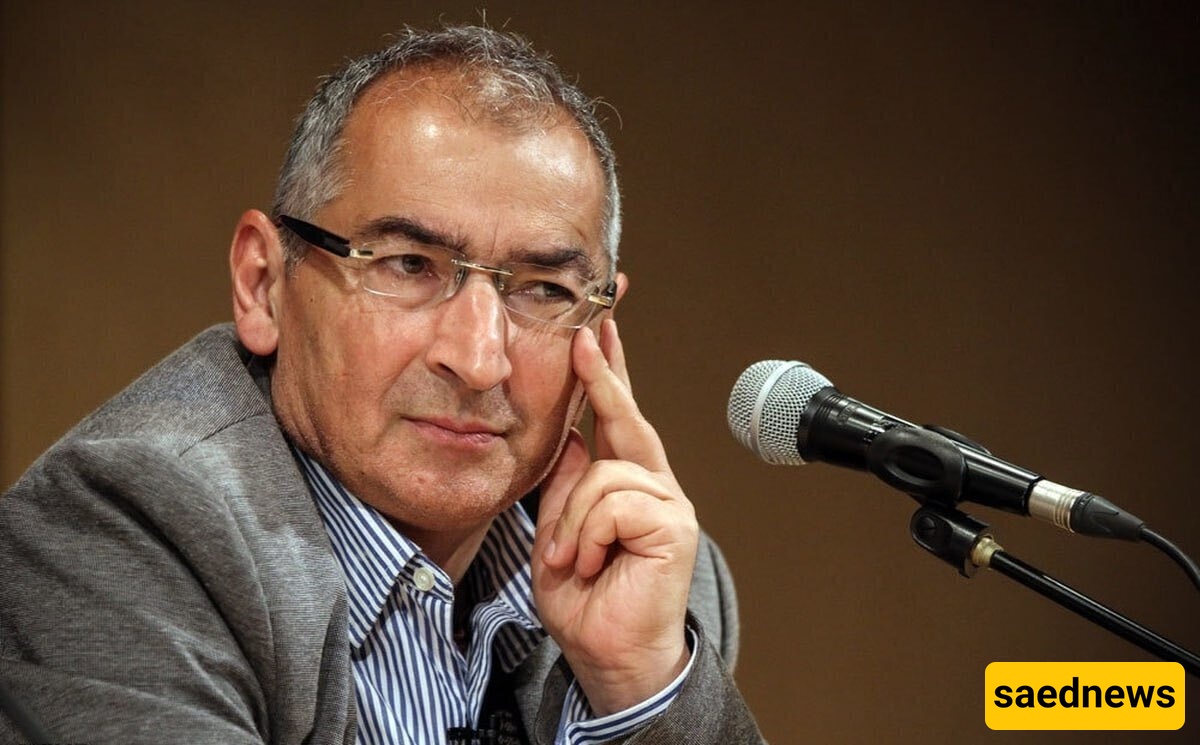
That, at least, is the view of Sadegh Zibakalam, a veteran political scientist and outspoken critic of Iran’s ruling establishment. In an interview with Khabar Online, Zibakalam argued that while domestic grievances remain deep and unresolved, the notion that ordinary Iranians would side with Israel—or even passively support its actions—was always a fantasy of the opposition-in-exile.
“The idea that people would greet Israeli missiles with celebration, or declare ‘the regime is finished,’ was pure illusion,” Zibakalam said. Opposition figures abroad, he claimed, had misread both the public mood and the logic of wartime nationalism. Despite widespread discontent with the Islamic Republic—from economic stagnation to demands for civil liberties and political reform—most Iranians, he argues, refuse to conflate their grievances with an openness to foreign aggression.
Though networks like Iran International tried to amplify isolated signs of unrest, Zibakalam insisted these were exaggerated. “Even they knew they were bluffing,” he said. “There was no serious movement, no slogans in the streets, no credible sign of civil unrest. The people did not rise—because they never intended to.”
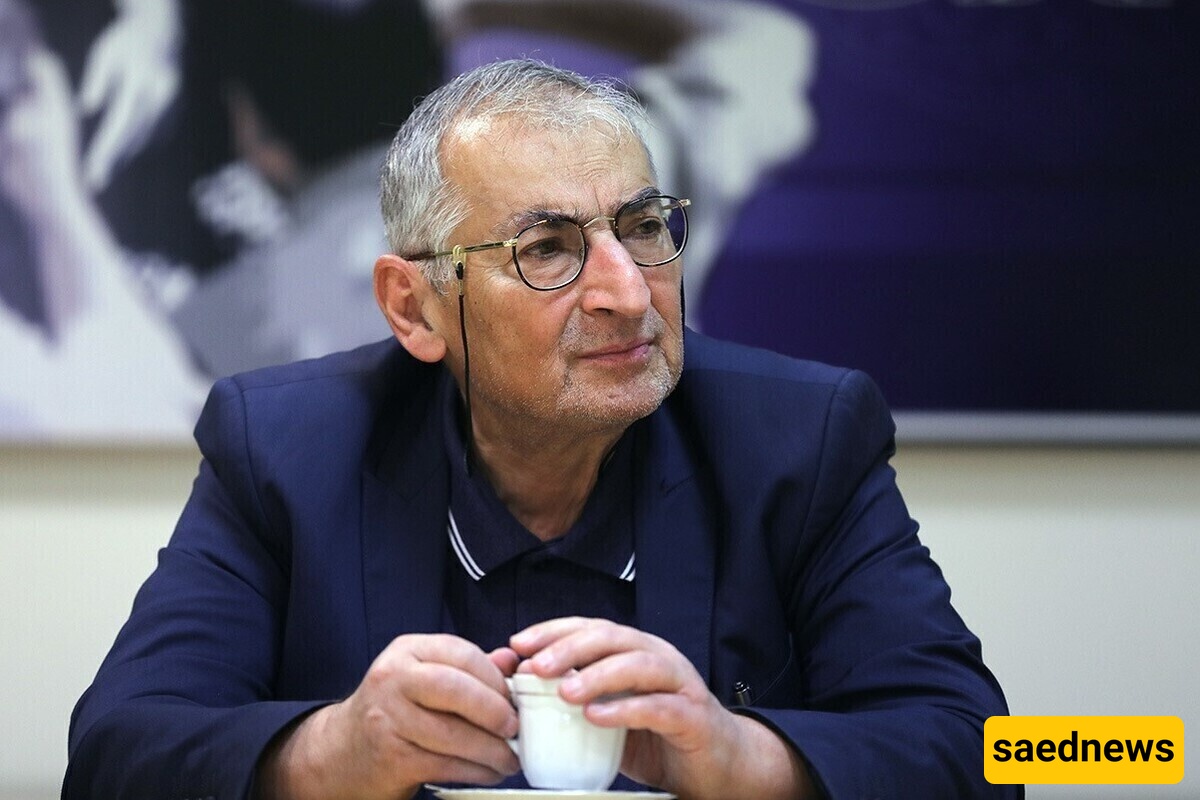
This is not to say Iranians have rallied en masse in support of the state. But, crucially, they have not defected to its enemies. The political scientist noted that the regime, for its part, made no extraordinary demands of the public—no call for mass mobilisation, no conscription drive, no martial law. The authorities simply advised calm. “And people responded with maturity,” he said. “Yes, there was a run on bakeries and petrol stations for a day or two. But panic subsided. No one hoarded food. No one fled en masse. The crisis was absorbed, not amplified.”
For Iran’s adversaries, the most sobering revelation may lie in the performance of its military. “The Islamic Republic proved far more durable than expected,” Zibakalam said. “Not only was the regime not shaken—it stood its ground. It absorbed heavy blows, but it didn’t fall apart. That in itself is a message.”
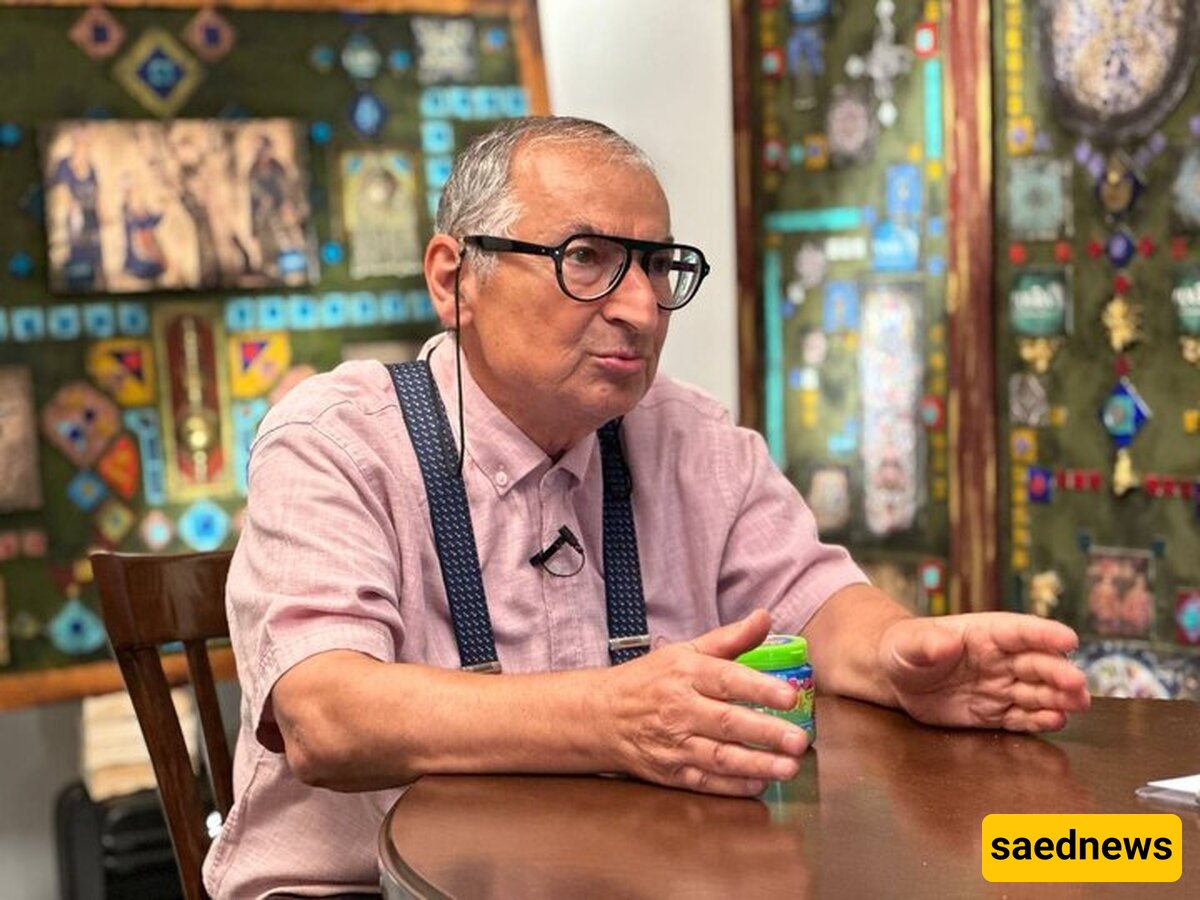
He believes Israel and its allies had banked on a swift victory—or at least on Iran’s inability to withstand sustained strikes. That calculation appears to have backfired. “They thought Iran would wave a white flag within days. It hasn’t,” Zibakalam remarked. “Instead, it’s demonstrated operational resilience, command cohesion, and a surprisingly coherent deterrence posture.”
This, he says, is why American involvement escalated. “Had Iran capitulated early, Washington would have stayed out. But Israel couldn't deliver a decisive blow on its own. That realisation forced the White House to reconsider.”
Despite the dramatic rhetoric from all sides, Zibakalam does not believe a full-scale war between Iran and the United States is imminent. The recent American strikes on Iranian nuclear facilities, he said, were calibrated—not a declaration of total war. And he expects Tehran’s retaliation to be similarly measured. “The regime understands the stakes. It will respond, yes. But it won’t invite an escalation it cannot control. This is a battle of pressure, not annihilation.”
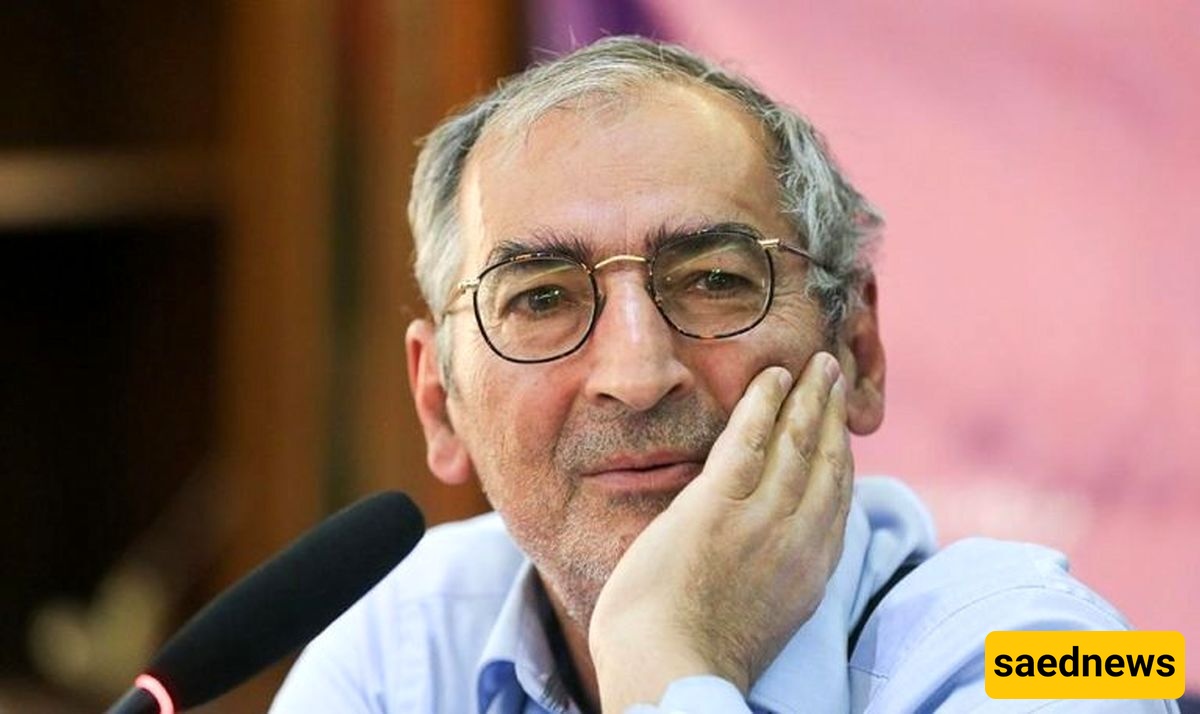
For its part, he argues, Iran has little appetite to prolong the conflict. “It doesn't want war. But it also won’t surrender. It seeks strategic parity—not victory, not humiliation.” And just as Israel’s domestic consensus has begun to fray under the strain of an open-ended military campaign, Zibakalam believes the Iranian leadership is watching both the battlefield and the psychological front closely.
Has the war narrowed the historic gulf between state and society in Iran? Zibakalam is sceptical. “The grievances remain. The demands for free elections, press freedom, and political accountability haven’t disappeared. If anything, they’re just on pause.” He is quick to add, however, that opposition hopes for an uprising triggered by foreign strikes are deeply misplaced. “The same people who criticised the regime on 1 June still criticise it today. But that doesn’t mean they will collaborate with an outside force to bring it down.”
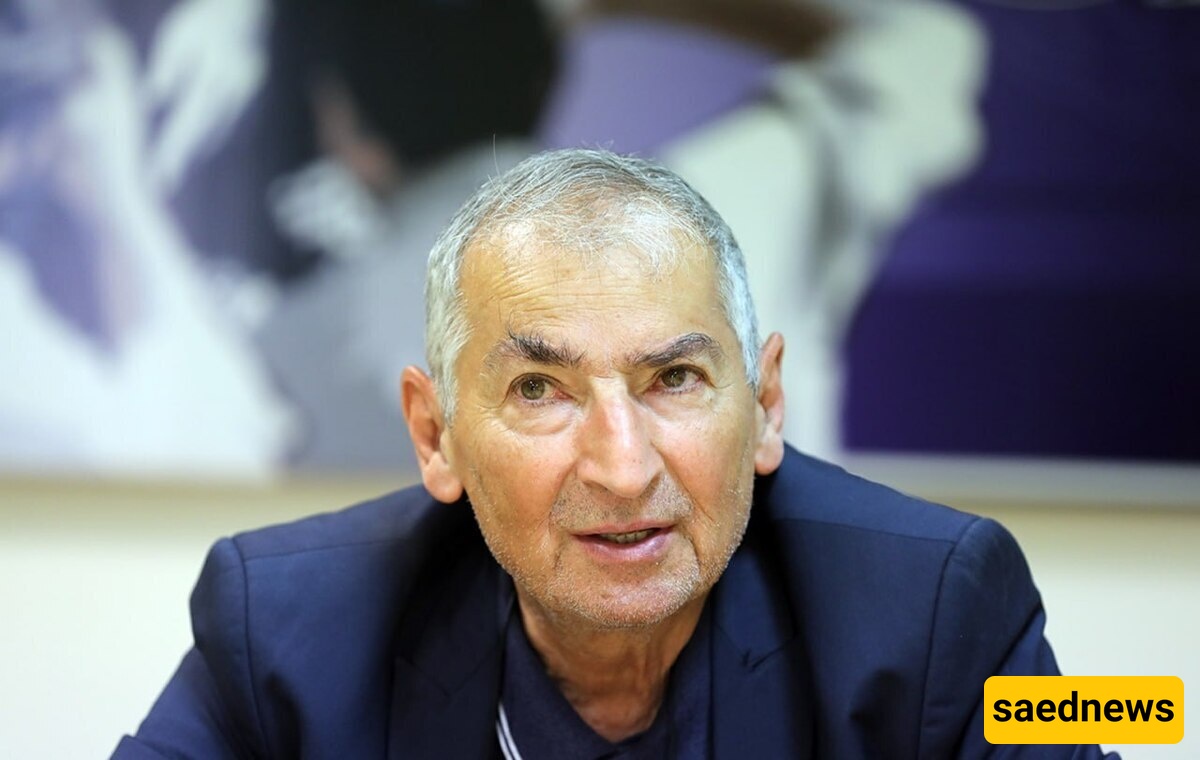
Indeed, in Zibakalam’s view, the exiled opposition’s failure to distinguish between dissent and disloyalty may be its undoing. “They’ve misunderstood the national psyche,” he said. “This was their test—and they failed it.”
If anything, the war has affirmed a quiet, if reluctant, consensus: that Iran's internal struggle for reform remains a domestic project, and that no external actor—not Israel, not Washington, not satellite channels abroad—can shortcut it.
For now, the regime stands bloodied but intact. The people remain dissatisfied but unmoved. And the opposition, once again, has mistaken silence for surrender and disillusion for defection.

